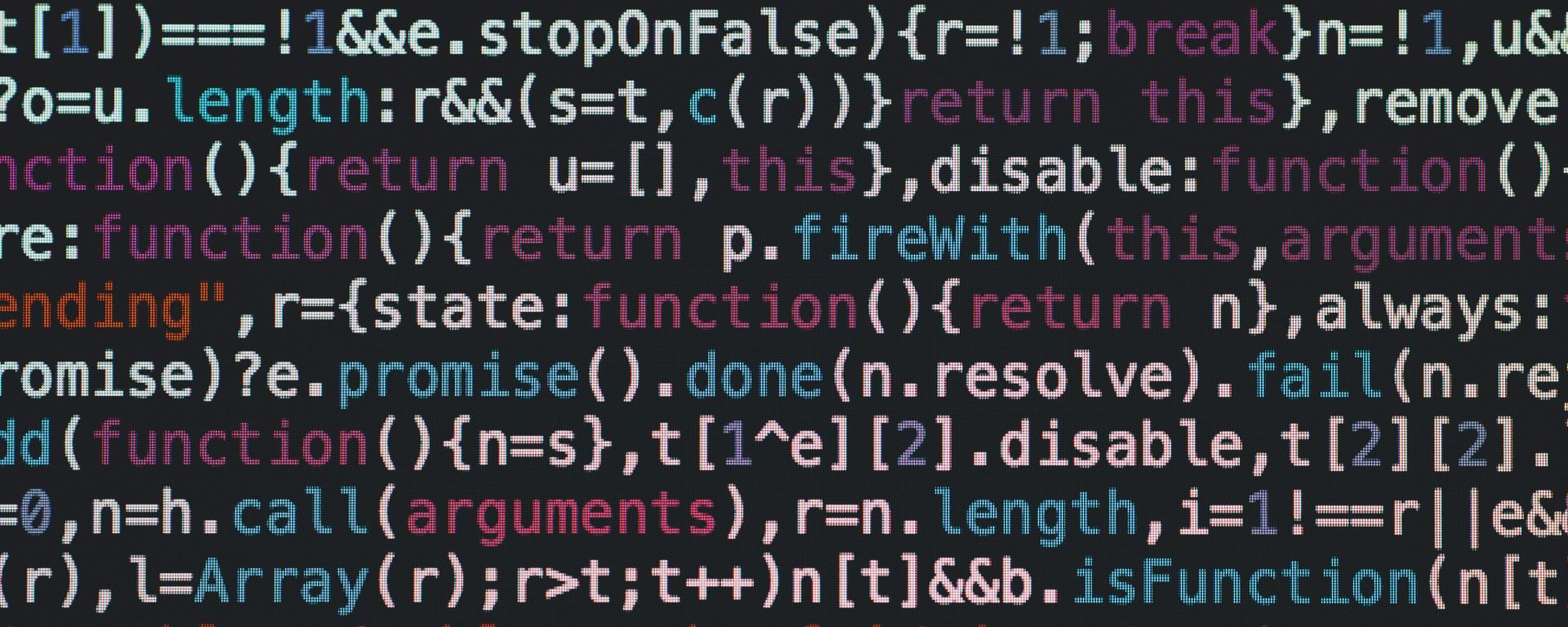The healthcare industry has an exciting abundance of in-demand, fulfilling, and rewarding positions. And, unknown to many, a number of these roles do not require extensive years of schooling and training.
One such career opportunity is medical coding, an administrative role vital to the proper functioning of the US healthcare system. Medical coders are individuals with a knack for precision, a heart for patient care, but who aren’t necessarily interested in pursuing clinical roles.
And more good news? A career as a medical coder comes with many benefits. This article will explore the benefits of pursuing a career in medical coding and answer the question, “Is medical coding a good career for me?”
What is a Medical Coder?
A medical biller and coder, often called a Certified Professional Coder (CPC), ensures that a healthcare organization receives payment for its services, reduces costs, and creates financial reports.
They do this by collecting data from physicians, reading their records, studying the patients’ diagnoses, procedures, services, and equipment, and translating all of this information into recognizable strings of code.
Medical billers and coders then supply these codes to insurance companies to ensure they can distribute payments efficiently and correctly.
Where Do Medical Coders Work?
Medical coders work behind the scenes to ensure healthcare providers and facilities operate smoothly and patients feel seen. They work in many different types of companies and organizations, both public and private, including:
- Billing companies
- Consulting firms
- Hospitals and clinics
- Insurance companies
- Large medical groups
- Resident care facilities
- Software companies
- State and federal government agencies
Five Benefits of a Career as a Medical Coder
Individuals in medical coding positions tend to find career flexibility with both remote and in-person job options. There are numerous reasons why being a medical coder is a great career choice, especially as they play a vital and pivotal role in today’s complex healthcare industry.
1. Job Security and Stability
The U.S. Bureau of Labor Statistics reports that the employment rate for medical records and health information specialists, including medical coders, will grow seven percent by 2031, with an average of about 14,900 openings projected yearly.
This demand results from an increasingly aging population and healthcare providers’ widespread use of electronic health records (EHRs). Medical coders are consequently essential in maintaining, coordinating, and communicating critical information across the healthcare field.
2. Solid Earning Potential and Benefits
Medical coders earn a median annual wage of $46,600, with the highest ten percent earning more than $74,200.
Individuals in this profession typically work full-time, and salaries will vary depending on the organization, location, work experience, and one’s education and training. Medical coders also often receive health benefits, extra time off, and paid vacation.
3. Consistent and Flexible Work Schedules
Unlike many healthcare careers, a career in medical coding generally offers candidates a consistent nine-to-five work schedule with no weekends or overtime expectations.
These provide candidates with an enviable work-life balance to explore their hobbies, personal relationships, and other commitments and responsibilities. Additionally, some positions offer the ability for coders to make their hours as long as they complete their assigned tasks.
While many medical coders do work in person, especially at the beginning of their careers, some can qualify for remote, work-from-home positions.
Flexible scheduling and geographical location allow medical coders to work from anywhere, which is exceptionally appealing for those with children or pets who need care throughout the day—or for those who may live where the weather could impact their ability to commute to an office.
4. Provide Vital Services and Hone Valuable Skills
Healthcare providers don’t receive proper payment for their patients’ treatment without medical billers and coders. Without them, the system breaks down. It’s as simple as that.
So, while most work time is spent in front of a computer reviewing bills and assigning codes, medical coders are important reasons why healthcare organizations and facilities continue to operate, and other healthcare employees stay employed.
Plus, this profession allows candidates to hone and strengthen their critical thinking, problem-solving, and organizational skills.
5. Ability to Enter the Job Market Quickly
Lastly, medical coding is a particularly efficient way to enter the healthcare field as it only requires a postsecondary certification or training program. Not to mention that the certification and training can be completed in as few as twelve to fifteen months.
Many colleges and universities offer medical billing and coding programs online, allowing students the flexibility to obtain their certificates alongside other professional and personal commitments. For this reason, Goodwin University offers day, evening, and weekend classes on-campus, online, and in a hybrid format.
Learn more about how you can earn your Medical Billing and Coding certificate on a timeline that works for you!
Additionally, since the program is shorter than traditional bachelor’s degrees and the training required for many other healthcare professions, the cost of medical coding training is relatively low in comparison.
Undoubtedly, medical coding offers a pathway to a promising career, so there is no reason to wait to start the journey yourself.
Check out our Medical Billing and Coding Certificate Guide, or contact us for more information. Financial aid is available, and enrollment at Goodwin University is hassle-free. Plus, we have plenty of resources to help you get through college and into a great career.
We’re ready when you are!
Goodwin University is a nonprofit institution of higher education and is accredited by the New England Commission of Higher Education (NECHE), formerly known as the New England Association of Schools and Colleges (NEASC). Goodwin University was founded in 1999, with the goal of serving a diverse student population with career-focused degree programs that lead to strong employment outcomes.

